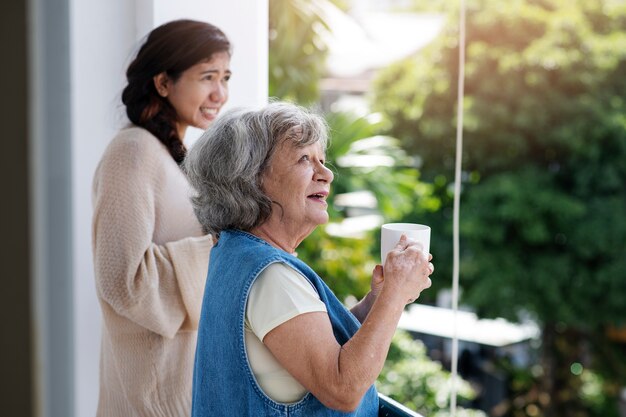
Most seniors prefer to stay in the homes they’ve lived in for years. However, when health issues arise, it might be necessary to consider assisted living options, whether in a retirement community or at home with an adult child.
Assisted living is often the first step in a senior’s long-term care plan. After that, respite care might become necessary. Choosing in-home care can save money and keep an elderly parent comfortable, but it can also be stressful for the family. Some families find that hiring a professional caregiver to come into the house works best for everyone.
As we get older, we generally need more medical attention. Our aging bodies become more prone to illnesses like arthritis, Alzheimer’s, cancer, diabetes, and heart disease. Regular checkups and screenings for conditions such as colon and breast cancer are important.
Some seniors need more assistance than others to live well as they age. If an elderly parent struggles with daily tasks like bathing and dressing, in-home care services might be a good option. These services can range from basic help with daily activities to more comprehensive care, including wound care, physical therapy, and meal preparation. Occasionally, a manual wheelchair might also be helpful.
In-home care services are usually less expensive than nursing home care, and they let seniors stay in the comfort of their own homes. If you’re considering in-home care for an elderly parent, research different agencies that offer these services. Ask about their experience with older adults, their rates, and their policies regarding overtime and cancellations.
Keep in mind that in-home care is often a temporary solution. Many seniors will eventually need nursing home care or another type of long-term care. Still, in-home care can provide a break for caregivers and ensure that elderly parents get the care they need while they can still live independently.
If your elderly parent is in a nursing home or assisted living facility, visit them often. These visits allow you to check on their health and make sure they’re getting the needed care. Stay in touch by phone or email to monitor any changes in their condition and ensure they’re receiving appropriate care.
It can be hard to figure out how much care an elderly parent needs. When in doubt, it’s usually better to provide more care than less. It’s safer to be cautious.
These are just some points to consider when caring for older adults. For more detailed information, consult a physician or medical professional.



